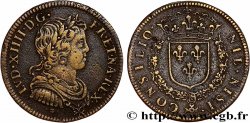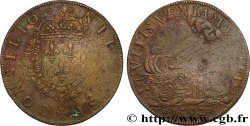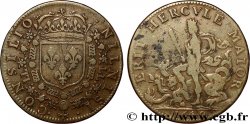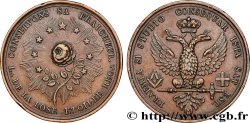Лицевая сторона
Аверс: легенда: COONSULENDUM. ET. CONSILIS. PARENDUM. A L’EXERGUE: EMINUS COMINUS.
Аверс: описание: Le roi debout à droite tenant un parchemin à un Génie assis sur un globe en face de lui.
Обратная сторона
Реверс: легенда: DONEC. SOCIENTUR. IN. UNAM. A L’EXERGUE: 1659.
Реверс: Описание: Bras armé d’une épée entre une palme et un laurier.
Историческая справка
CONSEIL DU ROI / KING'S COUNCIL
In the Middle Ages, the King deliberated important matters with the Court, made up of great feudatories and ecclesiastical dignitaries. From this feudal Court of the King (the "curia regis") several institutions gradually emerged, including the Parliament and the Audit Chamber, in the 14th century, then, under Louis XI, the Grand Council, whose members were chosen by the King.. The role of adviser to the King, sitting on this council, is not limited to simple management assistance, but involves real participation in the affairs of the kingdom.. During the 14th and 15th centuries, this "Grand Council" became THE Council of Government in charge of political, administrative, financial and judicial affairs.. It is made up of princes of the blood and peers, grand officers of the Crown and high dignitaries of the Kingdom chosen by the King.. In 1497, a judicial section broke away and took the name of Grand Council, responsible for judging ecclesiastical affairs and conflicts of jurisdiction between the sovereign courts.. In the 16th century, the complexity of affairs forced the sovereigns to divide the King's Council into specialized sections: the Business Council for political questions; the Council of the Parties (or Privy Council) for the current affairs of justice and administration; and the State Council for the most important affairs of the Interior and the Exterior. It was not until the reign of Louis XIV that the King's Council was set up as it would be until the end of the Ancien Régime, i.e. divided into four sections: The Council of 'En-Haut (or Council of State) which meets two to three times a week around the King and the Ministers of State to deal with the most important affairs of the Kingdom; the Council of Despatches, for internal affairs; the Council of Finance chaired by the King and comprising the Comptroller General of Finance (for questions relating to the budget, distribution of size, etc.. ); the Private Council of State, Finances and Directions, chaired by the King or the Chancellor and composed of some thirty State Councilors and approximately 80 masters of requests, to settle private disputes, prepare edicts and ordinances of the King, to investigate financial affairs and settle administrative disputes. Selected bibliography: BARBICHE, Bernard, "The French institutions of the French monarchy in modern times", Paris, 1999; BLUCHE, François, "The Old Regime. Institutions and society", Paris, 1993; HAROUEL, Jean-Louis, BARBEY Jean, BOURNAZEL Éric, THIBAUT-PAYEN Jacqueline, "History of institutions from the Frankish era to the Revolution", Paris, 1996.









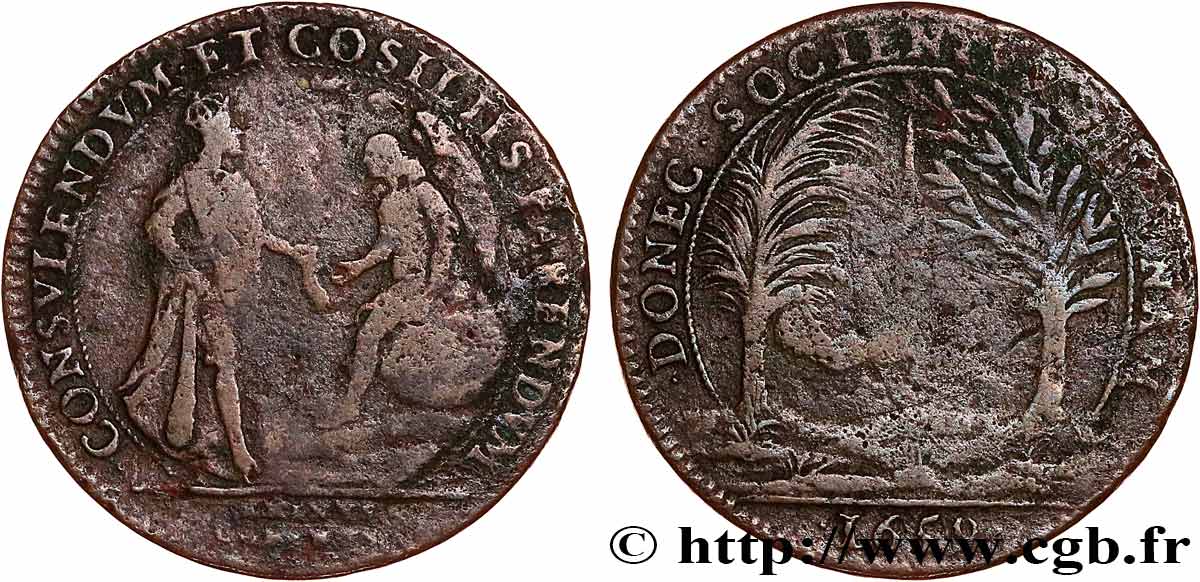
 Cообщить об ошибке
Cообщить об ошибке Распечатать страницу
Распечатать страницу Отправить мой выбор
Отправить мой выбор Задать вопрос
Задать вопрос Consign / sell
Consign / sell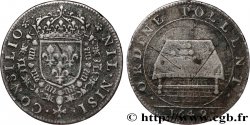
 Информация
Информация